Cancer in Teens and Young Adults
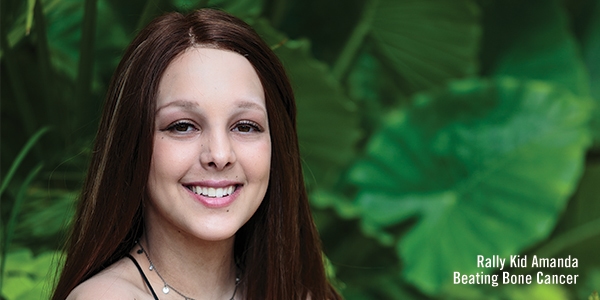
Childhood cancer is a big problem. In the U.S. alone, 46 children are diagnosed with cancer every school day. But it doesn’t just affect school-age children — babies, teens, and young adults can get childhood cancer, too.
In the last 20 years, thanks to research, many more young children and older adults are surviving their cancers. But that’s not the case for teens and young adults.
Teens and young adults are unique. Their cancers are different, their bodies are different, and they face different challenges than their younger and older counterparts. Here’s a closer look at how cancer affects this age group.
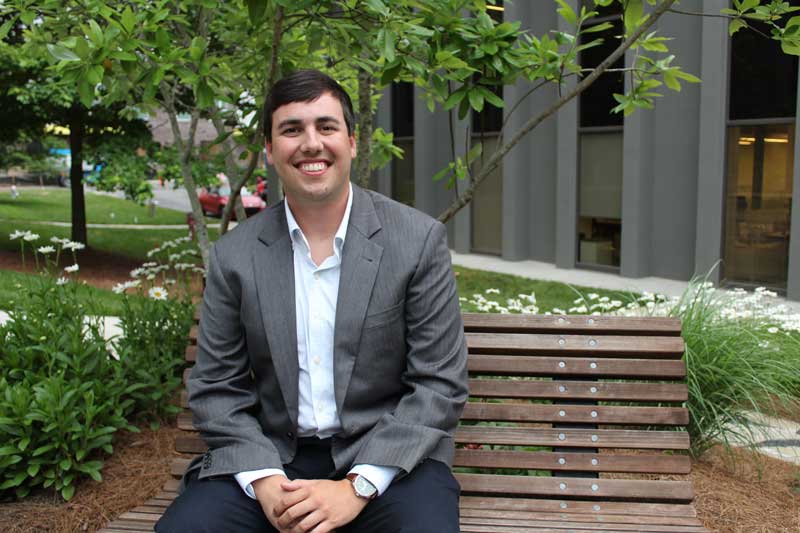
After beating cancer twice, Rally Kid Jordan is now giving back through Rally’s Young Professionals program.
Common Cancers in Teens and Young Adults
The most common cancers for teens and young adults up to age 25 are blood cancers (leukemia and lymphoma), thyroid cancer, and testicular cancer.
Other common cancers in teens and young adults include:
- Brain tumors
- Bone cancer
- Cervical cancer
- Germ cell tumors
- Skin cancer
- Soft tissue sarcomas
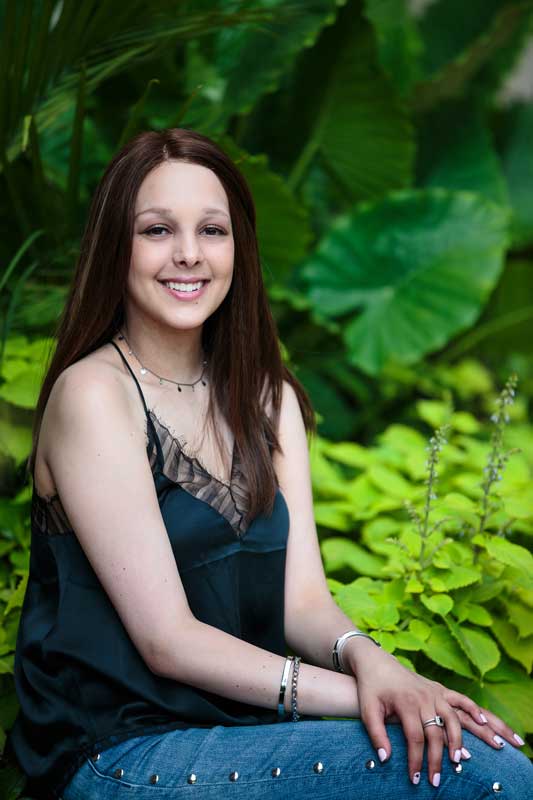
Rally Kid Amanda beat bone cancer as a high school junior. She is preparing to attend the University of Michigan in the fall.
Treatment for Teens and Young Adults With Cancer
Cancers in teens and young adults aren’t same as cancers in children and older adults, and they need to be treated differently. Depending on the type of cancer, many teens and young adults will get to choose if they want to be treated at a pediatric cancer treatment center or an adult cancer treatment center.
Treatment varies based on several factors, including the patient’s age, their type of cancer, and how advanced it is.
In addition to their unique biology, teens and young adults with cancer face special challenges that can make their treatment more difficult, including:
- Late diagnosis: People in this age group tend to be healthy so they don’t see a doctor as often as younger or older people. They’re also twice as likely not to have health insurance compared to other age groups. For these reasons, their cancers are often more advanced at the time of diagnosis, making them harder to treat.
- Treatment nonadherence: Teens and young adults have more control over their cancer treatments than young children, but they also are more likely not to stick to their treatment plan. A teen who’s suffering from emotional issues might forget to take their medication on schedule. A young adult who no longer lives with their parents might have difficulty arranging transportation to and from the hospital. Regardless of the reasons, when patients stray from their treatment plan, the treatment is less likely to work.
- Low enrollment in clinical trials: Clinical trials are an essential part of cancer research, and for patients who have few other treatment options, they can be their best hope for a cure. But teens and young adults are less likely to take part in clinical trials than their younger and older counterparts.
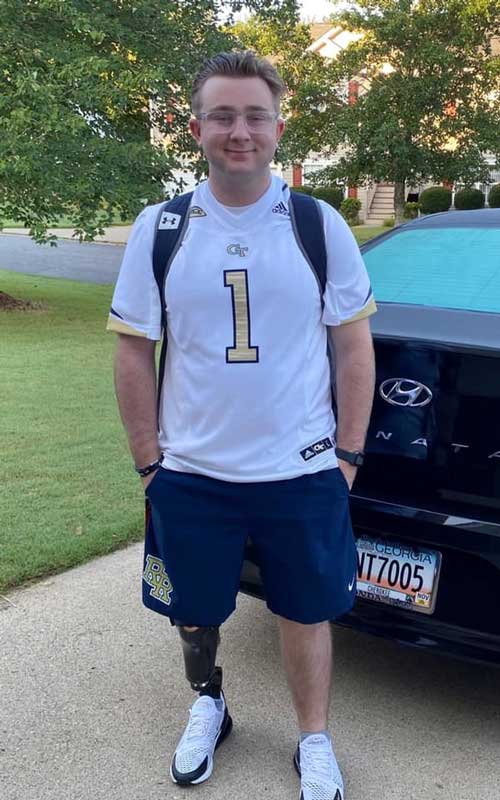
Now a high school senior, Rally Kid Matthew lost part of his leg to bone cancer at age 11. He hasn’t let that stop him from enjoying his favorite sports!
Social and Emotional Impact
Being a teen or young adult is challenging. It’s a time when you’re branching away from your parents, learning to make your own decisions, and discovering who you are. You might be starting to date, focusing on school or the start of your career, and maybe even thinking about starting your own family.
Now add cancer to the mix. Suddenly teens find themselves completely dependent on their parents again. They’re isolated from their peers at a time when these relationships are paramount. Body image issues are heightened by the effects of treatment, such as hair loss and weight gain. They also have to grapple with the fact that they might not be able to have children as a result of their treatment, or they might not even survive.
Related Blog: Annie’s Journey With Rhabdomyosarcoma
It’s tough at any age, but especially for teens and young adults who might not yet have the emotional maturity to handle these issues. That’s why it’s important for these patients to receive supportive care that includes counseling with a specialist who’s trained to help them cope with their unique issues.
Problems After Treatment
Cancer treatment is harsh, and its consequences can last long after treatment is over. Treatment is especially harmful to young, developing bodies. Teens and young adults with cancer have a higher risk of developing late effects, including:
- Hearing and vision problems
- Heart disease
- Secondary cancers
- Kidney damage
- Hormone imbalances
- Infertility
Teen and young adults cancer survivors are also more likely to suffer from depression, anxiety, and other issues related to mental health and social development.

Rally Kid Madeline was diagnosed with Chronic Myeloid Leukemia as a teen. Now a college graduate and a newlywed, Madeline must take a chemo pill every day to remain in remission.
The Promise of Research
In the U.S., cancer is the leading cause of death by disease for teens and young adults.
But there’s hope.
Researchers funded by the Rally Foundation are working right now to discover new treatments and cures for children and young adults with cancer.
There’s still much more work to be done until every child, teen, and young adult with cancer has a cure. But with your help, we can make that dream a reality.
Learn more about The Rally Foundation and see how you can help children, teens and young adults with cancer below:
